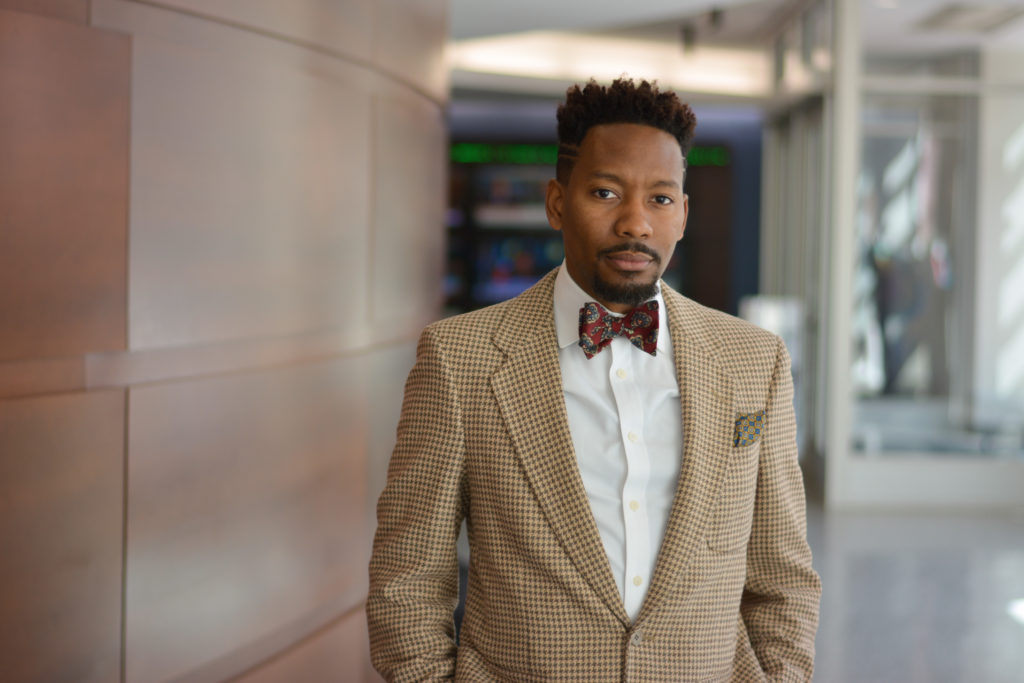Several faculty members said President Donald Trump’s executive order to protect free speech on college campuses reinforces GW’s already-strong academic freedom policies and may empower faculty and students to express unpopular beliefs.
Trump signed an executive order last week directing a handful of government agencies to ensure that colleges receiving federal research funds comply with academic freedom and free speech policies. Faculty said the University has already adopted strong policies preventing retaliation for free speech, but the order could help further political dialogue on campus.
“If a college or university does not allow you to speak, we will not give them money,” Trump said at the signing event last week.
John Banzhaf, a professor of public interest law, said although the executive order may not include specifics on holding universities accountable, the document may push GW to take accusations regarding freedom of speech violations more seriously. In the future, the Department of Education could create a system for students to file complaints against their institutions, similar to that of Title IX, he said.
“The devil’s in the details,” Banzhaf said. “This opens the door up for individual students to follow up.”
He said that because the order also threatens research funding, the mandate provides science and technology professors motive to engage in political debates. About 82 percent of GW’s research funds came from federal sources in fiscal year 2018, officials announced in the fall.
Banzhaf added that the executive order is deeper than policy because it empowers students to voice controversial opinions that they previously feared would have garnered backlash from administrators. Many students have said that they aren’t comfortable talking about their conservative beliefs at liberal schools like GW, Banzhaf said.
“It’s the lingering threat that something might happen because of what you say,” he said.
Quardricos Driskell, a professor of political management, said Trump’s executive order aimed to address instances at other colleges in which conservative speakers have not been welcomed by the administrators, which he said is not the case at GW.
Still, students have lashed out against organizations like GW’s chapter of the Young America’s Foundation for hosting right-wing commentator Ben Shapiro earlier this semester. Posters promoting the event were torn down and replaced with signs saying, “Hey YAF, get security” earlier this semester.
When Department of Education Secretary Betsy DeVos visited campus in 2017, students staged a protest outside the Media and Public Affairs building.
Driskell said the order was symbolic and intended to appeal to Trump’s base, not make policy or administrative changes to higher education institutions. He said the “robust” College Democrats and College Republicans groups at GW are evidence that both political sides feel comfortable speaking out, he said.
“This behavior is not germane and not throughout the academy,” he said. “GW embodies true academic freedom in really hearing both sides.”
Nicholas Kyriakopoulos, a professor emeritus of engineering, said that because the executive order does not implement new policies, it is unlikely that GW will revisit its own procedures unless the Department of Education follows up with a concrete policy overhaul.
He said GW does not typically encounter issues regarding freedom of speech.
“There is freedom of speech for everyone on our campus,” he said. “Sometimes, the administration, out of extreme caution, tries to prevent disturbances but that’s all.”
Charles Garris, a professor of engineering, said GW is a politically active campus and has taken measures in the past to protect the community if a “controversial” speaker, like Milo Yiannopoulos, comes to campus.
“We have very strong principles of free speech and academic freedom, and I think our history has been very strong in that respect,” Garris said. “I don’t see any problem here.”
Madeleine Deisen contributed reporting.





